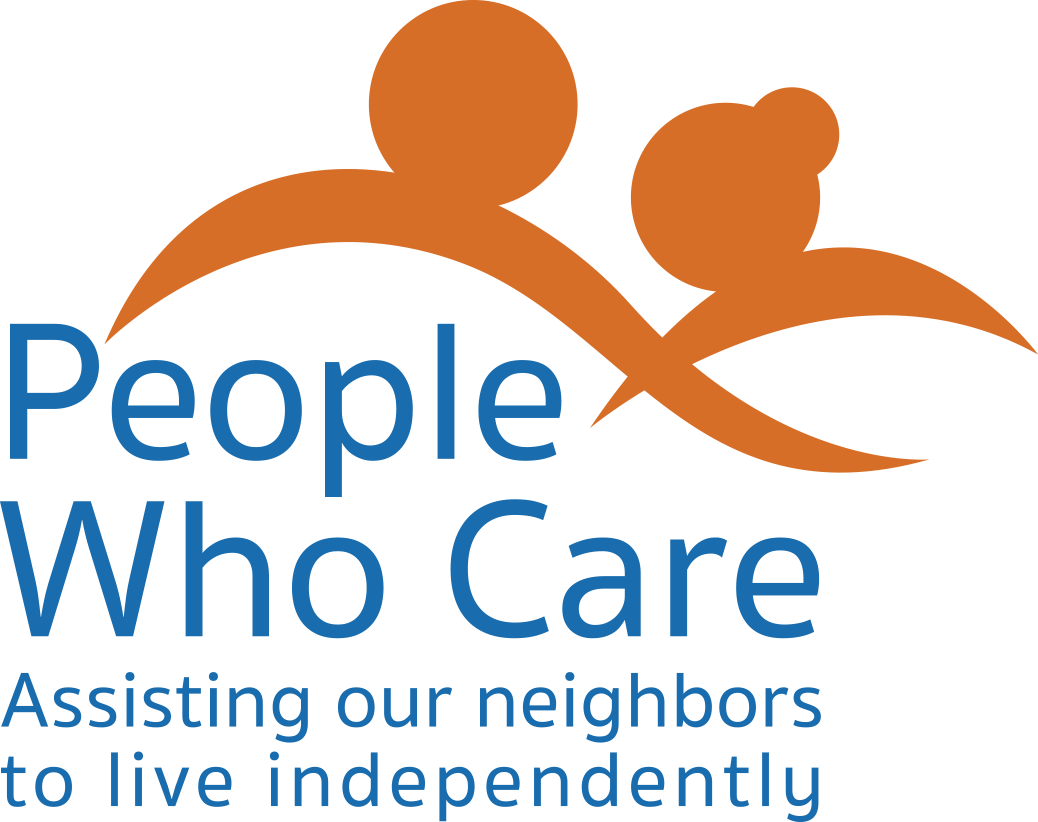In our car-dependent society, being unable to drive is more than just an inconvenience
Ask yourself how you’d feel if you couldn’t drive. Think back to a time when your car was in the shop for a day. Remember how antsy it made you? Now go a step farther. Imagine what it would be like if you could never drive again. This is what it’s like for People Who Care’s clients—our neighbors—none of whom can drive, all of whom must depend upon others to get around.
For most, driving is an afterthought, like flipping a switch to light a room, turning a handle to fill a bathtub, or pressing a button to find a favorite TV show. When we need milk for tomorrow morning’s cereal, we grab our car keys and drive to the grocery store. When we have a headache, we drive to the local pharmacy for aspirin. When we feel like visiting a friend, we jump in our car and drive to their house. When we want ice cream for the family, we head to our favorite parlor. We hardly think about these things, but if we lost our ability to drive, we would feel isolated, alone, and maybe even a little afraid.
We could survive without the ice cream, but could we get by without seeing our doctors? What if we couldn’t pick-up the medicine we need? And what if we were not only out of milk, but we were also out of fresh produce and bread and sugar and other pantry staples? People Who Care’s neighbors depend upon volunteers to complete these essential tasks.
Think about this. What if you had to choose between buying a few groceries to get you through the week or paying for a prescription to manage your blood pressure? What if you had to choose between paying for an Uber ride to visit that friend across town or paying your electric bill? These are the kinds of choices that many of our neighbors who live on fixed incomes must make in order to stretch their money.
Perhaps one of the more insidious impacts of not being able to drive is the isolation that it causes. The Centers for Disease Control reports that nearly 25% of those 65 and older are socially isolated, living alone, with no friends or family. For those who can’t drive, the problem is even worse. Isolation breeds loneliness, loneliness often leads to depression, and both are closely linked to other serious health issues that are prevalent among older people.
In the Quad Cities that we serve, the percentage of elderly is twice the national average, which means that there are many people who cannot drive to see their doctors, buy groceries, or visit friends. People Who Care provides these essential transportation services for them, free of charge, through its network of volunteers. Those who can’t drive are counting on those who can. Let’s not disappoint them. Volunteer today!



